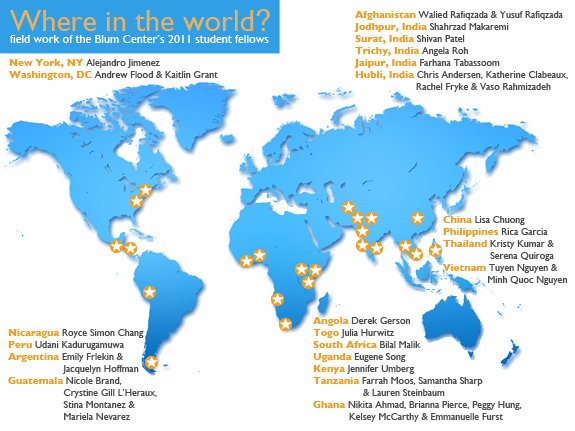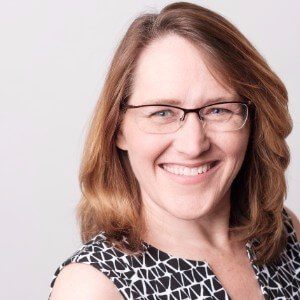Author:
Brittany Schell
February 20th marked the annual World Day of Social Justice. “Social justice is an underlying principle for peaceful and prosperous coexistence within and among nations,” states the website of the United Nations. “We advance social justice when we remove barriers that people face because of gender, age, race, ethnicity, religion, culture or disability.”
In 2007, the UN General Assembly declared February 20th of each year the “World Day of Social Justice,” to recognize groups around the world working to fight poverty and promote gender equality, access to health care and other initiatives that advance development and human dignity.
Here at the Blum Center, our students and faculty work actively toward these goals. Each year, we offer fellowships to students studying in the Global Poverty and Practices minor at UC Berkeley to help fund their summer fieldwork experiences.

Fieldwork has ranged from supporting tenants’ rights in New York City to providing access to clean water in India; improving child nutrition in Guatemala and addressing poverty in Vietnam; working with opium addicts in Afghanistan and HIV/ AIDS prevention work in Ghana; and even building community bread ovens in Tanzania. Our students have helped advance the foundation of social justice through hands-on work, making concrete differences in communities across the world.
Last summer, 40 students received fellowships from the Blum Center.






